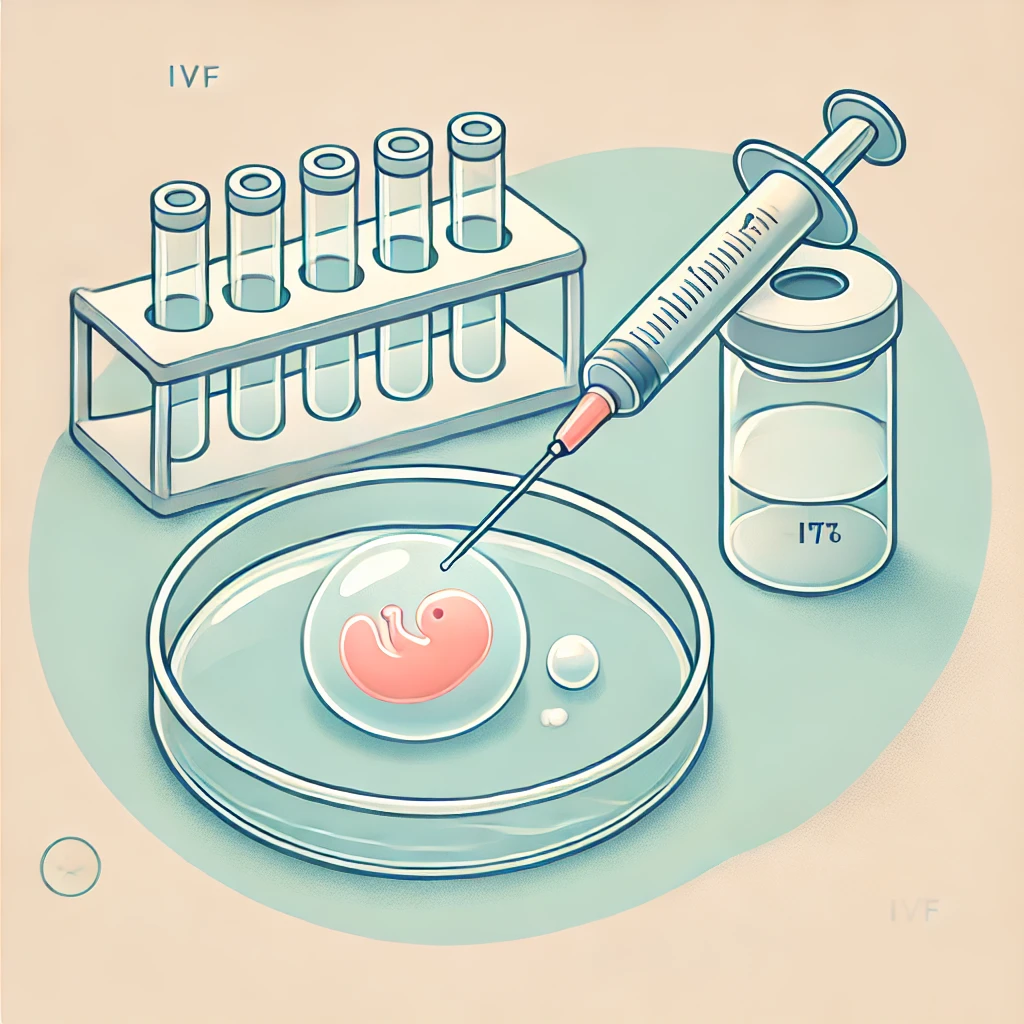What Do Different Religions Say About IVF? A Guide to Religious Perspectives on Fertility Treatments


Religious Perspectives on IVF
| Religion | View on IVF |
|---|---|
| Christianity | Opinions vary; Catholics generally oppose IVF, while many Protestant denominations support it with ethical considerations. |
| Islam | Permissible within marriage, but restrictions apply to third-party involvement like donor sperm or eggs. |
| Judaism | Generally supports IVF, especially when it helps fulfill the mitzvah of procreation, but with conditions on third-party donations. |
| Hinduism | Largely supportive, seeing IVF as a means to fulfill the desire for children, though views on donor gametes vary. |
| Buddhism | Neutral; focuses on intention and avoiding harm rather than strict rules about IVF. |
Infertility is a deeply emotional challenge for many couples, and fertility treatments like IVF offer hope. However, religious beliefs often play a significant role in shaping decisions about reproductive technologies. This guide explores how major world religions view IVF, including ethical concerns and cultural variations.
Christianity and IVF
Catholicism
The Catholic Church generally opposes IVF, citing concerns over the sanctity of life and the natural process of conception. Key objections include:
Destruction of Embryos: The practice of creating multiple embryos and discarding unused ones is seen as morally wrong.
Separation from Natural Conception: The Church emphasizes that conception should occur through marital intercourse, not in a laboratory.
Alternatives like Natural Procreative Technology (NaPro) are encouraged, which align with Catholic teachings.
Protestantism
Protestant views on IVF vary widely. Many denominations support IVF, provided it respects the sanctity of life and avoids practices like embryo destruction or third-party involvement (e.g., donor eggs or sperm).
Islam and IVF
Islam generally permits IVF under certain conditions, provided it adheres to Islamic principles:
Within Marriage: IVF is allowed only between a husband and wife.
Prohibition of Third-Party Donors: The use of donor sperm, eggs, or surrogates is typically prohibited, as it is seen as violating marital sanctity.
Ethical Concerns: The handling of embryos must respect life, avoiding practices like embryo freezing unless necessary.
Scholars emphasize that treatments should align with the preservation of lineage and family integrity.
Judaism and IVF
Judaism is generally supportive of IVF, especially as it helps fulfill the commandment to “be fruitful and multiply.” However, there are guidelines:
Use of Donor Gametes: Orthodox Judaism often discourages third-party donations, while more liberal branches may permit them.
Embryo Disposition: The destruction of embryos is debated, with some authorities considering unused embryos as having potential life.
Rabbinic Consultation: Couples are encouraged to seek guidance from a rabbi to ensure compliance with Jewish law (Halacha).
Hinduism and IVF
Hinduism is largely supportive of IVF, as procreation is considered a key aspect of dharma (duty). Key considerations include:
- Use of Donors: Views on donor sperm or eggs vary, with some preferring traditional means of lineage continuation.
- Ethical Concerns: Hindu philosophy emphasizes avoiding harm, so embryo destruction may raise questions for some adherents.
- Karma and Intention: The focus is often on the intention behind the treatment, with a positive emphasis on fulfilling the desire for children.
Buddhism and IVF
Buddhism generally takes a neutral stance on IVF, focusing more on ethical intentions and minimizing harm:
Respect for Life: Concerns may arise over the destruction of embryos, as Buddhism emphasizes non-harm (ahimsa).
Personal Decision: IVF is considered a personal choice, guided by mindfulness and compassion.
In some Buddhist traditions, the spiritual journey of the child’s soul is also considered, making the ethical treatment of embryos important.
Shared Ethical Concerns Across Religions
- Embryo Creation and Destruction: Most religions emphasize the sanctity of life and question the practice of creating and discarding multiple embryos.
- Third-Party Involvement: Donor eggs, sperm, or surrogacy often raise concerns about lineage and marital sanctity.
- Cost and Accessibility: Ethical concerns arise about the accessibility of IVF and its implications for equality.
- Balancing Faith and Science: Couples often seek guidance to align fertility treatments with their religious beliefs.
Conclusion
The views on IVF vary widely across religions, reflecting diverse interpretations of ethical, spiritual, and cultural values. While some faiths fully embrace IVF as a means to overcome infertility, others approach it with caution, emphasizing the sanctity of life and adherence to traditional principles. For couples navigating these decisions, consulting religious leaders and fertility specialists can provide clarity and support.
Contact Us if you have questions about how religion and faith intersect with fertility treatments like IVF. We’re here to provide guidance and resources tailored to your needs.
FAQs
-
Is IVF allowed in Islam?
- Yes, IVF is permitted within marriage, but third-party involvement, such as donor sperm or eggs, is generally prohibited.
-
How does the Catholic Church view IVF?
- The Catholic Church opposes IVF, citing ethical concerns over embryo destruction and the separation of conception from marital intercourse.
-
Do Jewish laws support IVF?
- Judaism generally supports IVF to fulfill the commandment of procreation, though guidelines on donor gametes and embryo handling vary.
-
What is the Hindu perspective on IVF?
- Hinduism supports IVF as a way to fulfill the desire for children, though views on donor gametes and ethical concerns vary.
-
Does Buddhism oppose IVF?
- Buddhism is neutral on IVF, focusing on intention and minimizing harm rather than strict prohibitions.



